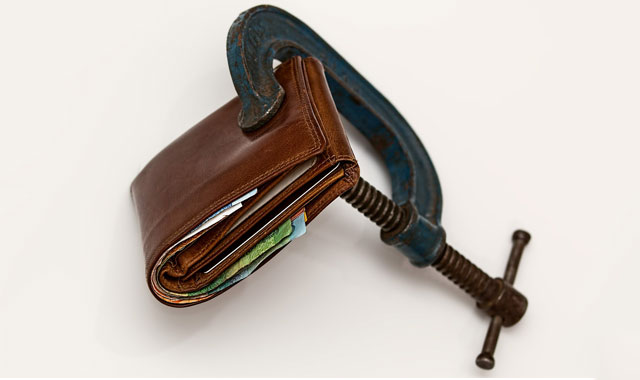
Taxpayers, except those in the lowest tax bracket, will see a slight dent in their pay packets from 1 April, finance minister Nhlanhla Nene announced on Wednesday.
“Personal income tax rates will be raised by one percentage point for all taxpayers earning more than R181 900/year,” Nene said in presenting his first main budget in the national assembly.
“This raises tax by R21/month for a taxpayer below the age of 65 with an annual income of R200 000. Those earning R500 000 would pay R271/month more, and at R1,5m/year the tax increase is R1 105/month.”
Tax brackets, rebates an medical schemes and medical aid contributions would however be adjusted for inflation.
“The net effect is that there will be tax relief below about R450 000/year, while those with higher incomes will pay more in tax,” said Nene.
The tax-free threshold for individuals would increase from R70 700 to R73 650.
Fuel taxes were set to increase by 80,5c/l.
While the general fuel levy would increase by 30,5c/l, the Road Accident Fund (RAF) levy would see a substantial increase of 50c/l, both effective from 1 April.
“It is required in order to finance the progress made by the RAF administration in clearing the claims backlog. But it also reflects the unsustainability of the current compensation system, which has accumulated a R98bn unfunded liability,” Nene said.
Workers and employers were set to benefit from relief measures in terms of the Unemployment Insurance Fund (UIF).
The fund had a surplus of over R90bn, making it possible to provide temporary relief in the form of a reduction in the contribution threshhold to R1 000 for 2015/2016.
“This means that employers and employees will each pay [only] R10/month during the year ahead, putting R15bn back into the pockets of workers and businesses.”
As expected, Nene raised sin taxes. The tax on a quart of beer would rise by 15,5c. Wine would cost 15c more for a bottle, while the sparkling wine price tag would rise by 48c. Whisky lovers would pay R3,77 more per bottle. Smokers would pay 82c more for a pack of cigarettes.
A temporary increase in the electricity levy was also announced. The levy would rise from 3,5c/kWh to 5,5c. “This additional 2c/kWh will be withdrawn when the electricity shortage is over,” Nene said.
“Secondly, an increase is proposed in the energy-efficiency savings incentive from 45c/kWh to 95c/kWh, together with its extension to cogeneration projects.” — Sapa

